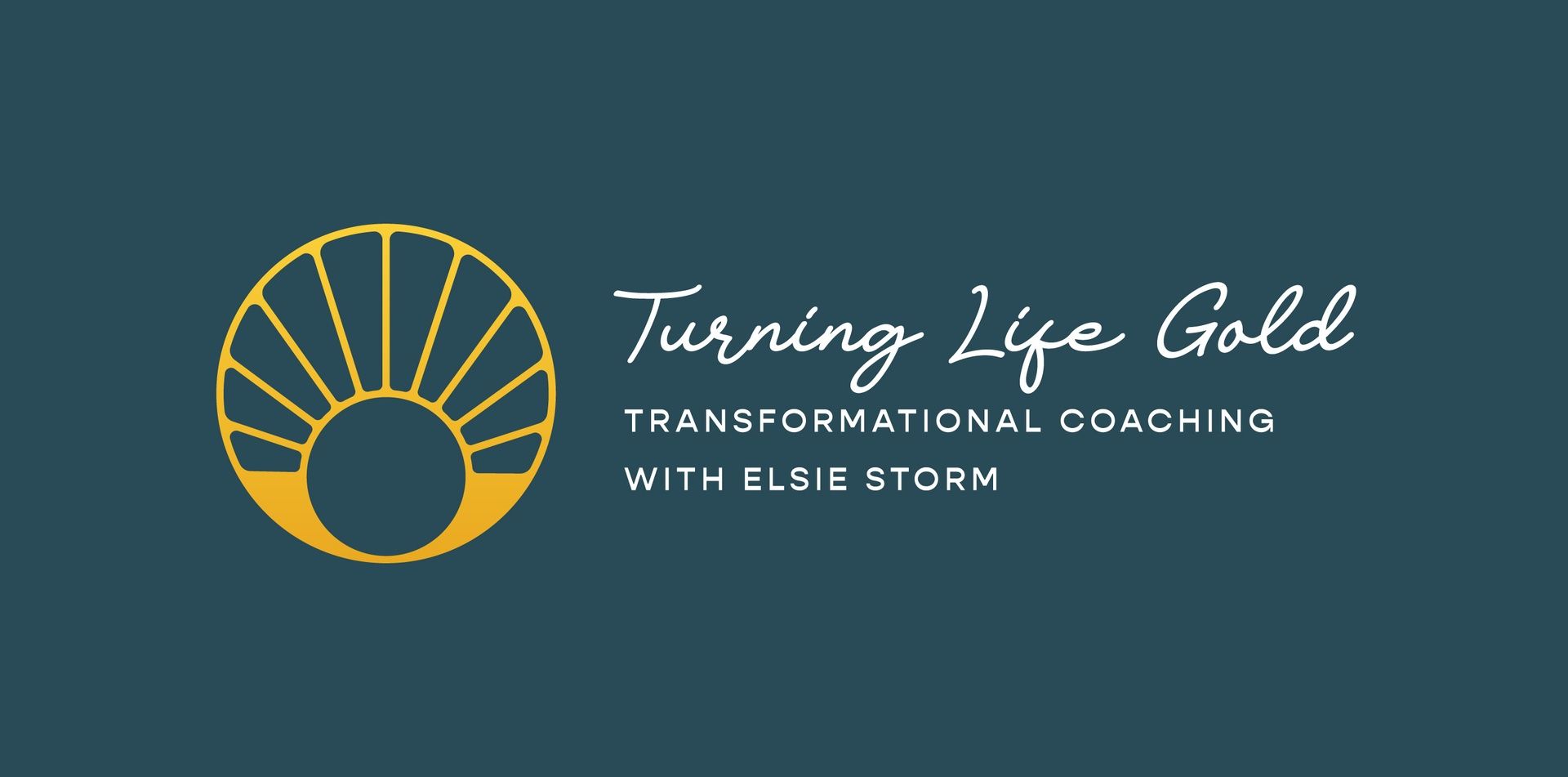What Is — and Isn't — Executive Coaching
“Executive coaching" is the new black. It only takes a few clicks across the internet to hear people you admire raving about the ways intentional growth conversations with an outside leadership coach has positively benefited individuals and organizations. It’s true: Executive coaching can be a potent tool for empowerment and development from top leaders.
But what exactly is it — and perhaps more importantly, what is it not?
What is business coaching? Why is coaching important in leadership?
As an executive coach myself, my chief goal — much like any sports coach — is to help you navigate challenges with more ease. Sure, it would also be fun to “win the big game” (AKA make a pivotal sale or launch another product), but in the end, my role as an executive coach extends far beyond the day to day of business operations. It aims to look at the challenges you’re facing today and support your development through them so that future road bumps can be met with more ease.
Executive coaching can be a game changer for leaders in organizations of all sizes, from those run by solopreneurs to those that have fully established C-Suites. Even natural born leaders can sometimes need additional guidance or improvement, which is where coaching steps in. Crucially, it helps uncover blind spots that are creating barriers to your organization’s growth, and ask you the hard questions that others may not be able to.
Executive coaching is not... therapy
Working through personal issues does not always (or even often) equal professional development. Therapy and executive coaching approach self-development from two distinct lenses, despite there often being some overlap.
In therapy, trained therapists assess, diagnose, and treat mental issues (such as identifying and reducing symptoms, such as anxiety). While this can have positive impacts on an individual in the workplace, it doesn’t necessarily focus on resolving struggles in the workplace.
The cornerstone of executive coaching, meanwhile, is achieving specific goals and enhancing performance as a leader. Coaches motivate and encourage their clients to reach their next level of success and help uncover barriers to that progress, but they do not wade into the waters of diagnoses or other clinical language.
Executive coaching is not... consulting
Businesses hire consultants to turn to for specific expert advice. Executive coaching, on the other hand, is a much more collaborative endeavor. Rather than handing you the answers to your challenges on a platter, an effective executive coach will invite you into the process.
Importantly, a coach aims to enable their clients to more deftly solve problems, while a consultant is the expert that will solve the problems.
Executive coaching is not... mentoring
The differences between executive coaching and mentoring come down to approach, scope, and timeline. As a coach, I hope to guide clients to find their own solutions. Mentoring, conversely, hinges more on sharing personal experiences and advice. Coaching uses issues being tackled in the present to improve skills and thus minimize future issues; mentoring often looks to the past and future for ideas about a wide swath of topics.
Another element to consider is time. Some mentoring relationships can last several years without any chief aim. Coaching, meanwhile, can sometimes be short-term and focused on specific issues or outcomes.
Executive coaching is not... a quick fix
Wouldn’t it be nice if our messiest of workplace challenges could be fixed with the swish of a wand (or, perhaps more appropriately, a single day intensive training?). But nope. That’s just not reality. Period.
Change and progress take time and energy, and coaching has the best outcomes when participants are committed to multiple months of concerted effort. Depending on an organization’s size, I’ve found that the combination of both group coaching sessions and one to one sessions over a few months yields the best results.
Why? We need to build trust, which then allows participants to be vulnerable and honest as they introspect. Building trust does not happen overnight, so treating coaching as a quick fix isn’t going to get you the results you are after. Once trust is in the mix, I can more effectively guide my clients to accomplish their goals more sustainably.
Executive coaching is not... a sign of weakness
It is an unfortunately common misconception that working with an executive coach is reflective of inadequacies and shortcomings — and that it is a sign of underperformance.
Rather, it’s badass.
Hiring an executive coach shows a commitment to the pursuit of leadership excellence. It underscores a workplace culture that encourages the growth mindset, which creates an environment of new ideas.
The TL;DR of executive coaching misconceptions
The choice between executive coaching and therapy, consulting, mentoring is not a matter of which is superior, but rather which one suits your unique needs better. Regardless of which path you pursue (you might opt for all three!), it is important to remember that change takes time, and that it isn’t necessarily indicative of your failings as a leader.
Are you ready to make a change? Let’s get started.
Book a Free Discovery Session to See if
Executive Coaching is Right For You »
Love it? Can you relate? Let me know...
From Dreams to Action in 7 Days!
Are you feeling overwhelmed by all your responsibilities yet detached from your purpose? Then Download the Purpose Path Journal for FREE today!
All Rights Reserved | Disclaimer | Terms & Conditions | Privacy Policy
Copyright 2020 © Turning Life Gold
